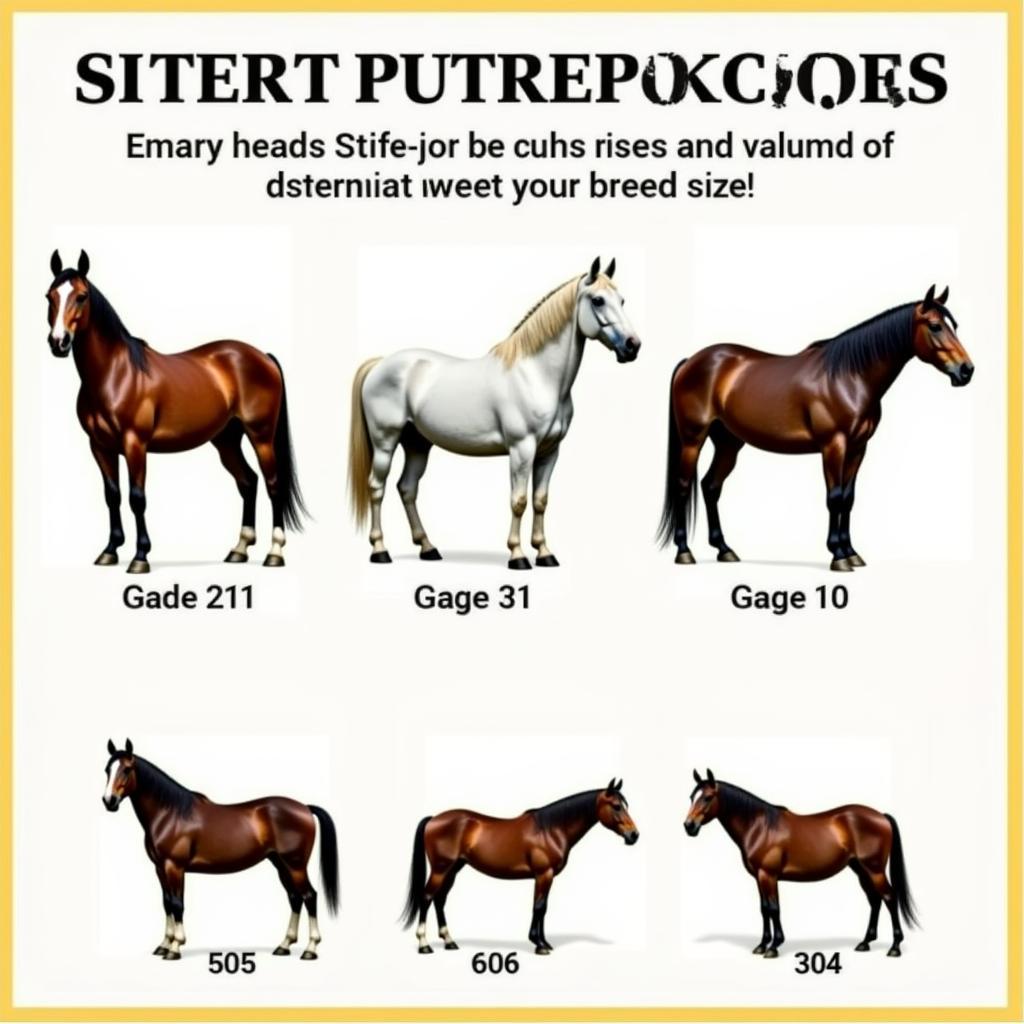Understanding your horse’s caloric needs is essential for their overall health, performance, and well-being. A horse’s daily calorie intake can vary significantly based on several factors, including age, activity level, metabolism, and breed.
Factors Influencing a Horse’s Caloric Needs
Just like humans, horses require a balanced diet to thrive. However, determining the appropriate number of calories isn’t one-size-fits-all. Here’s a closer look at the key factors that come into play:
1. Age and Life Stage
A growing weanling needs a higher calorie intake than a senior horse. Similarly, pregnant and lactating mares require additional calories to support their own needs and those of their foals.
2. Activity Level
A horse used for intense work, such as racing or high-level competition, will have significantly higher energy requirements than a recreational horse used for light trail riding.
3. Metabolism and Body Condition
Some horses naturally have a faster metabolism, while others tend to gain weight easily. Assessing your horse’s body condition score (BCS) can help determine if they need more or fewer calories.
4. Breed and Size
Larger horse breeds generally require more calories than smaller breeds. Additionally, some breeds are genetically predisposed to weight gain or loss.
 Horse Breeds and Sizes
Horse Breeds and Sizes
Calculating Your Horse’s Calorie Needs
While providing a precise calorie recommendation for every situation is impossible without consulting an equine nutritionist or veterinarian, there are general guidelines to follow.
- Maintenance: An adult horse at maintenance (light activity) typically requires 1.5-2% of their body weight in hay and/or pasture per day.
- Moderate Work: For horses in moderate work, increase this to 2-2.5% of their body weight.
- Heavy Work: Horses engaged in heavy work might need 2.5-3% or more of their body weight in forage.
For example, a 1,000-pound horse used for light riding might need 15-20 pounds of hay per day.
Types of Horse Feed and Their Calorie Content
Understanding the different types of horse feed and their calorie content is crucial for tailoring your horse’s diet.
1. Forage: The Foundation of the Equine Diet
Forage, including hay and pasture, should make up the majority of your horse’s diet. It provides essential fiber, which is crucial for digestive health.
- Hay: Different types of hay, such as alfalfa, timothy, and orchard grass, have varying calorie contents.
- Pasture: The calorie content of pasture can fluctuate depending on the time of year, weather conditions, and types of grasses present.
2. Concentrates: Providing Additional Calories and Nutrients
Concentrates like grain horse are often added to the diet to meet the energy and nutrient needs of horses who are not getting sufficient calories from forage alone.
- Oats: A traditional grain choice, oats are a good source of energy and fiber.
- Corn: Corn is higher in energy than oats but should be fed in moderation due to its starch content.
- Commercial Feeds: Horse feed tag offer a balanced mix of grains, vitamins, and minerals.
3. Supplements: Filling Nutritional Gaps
Supplements, such as Purina amplify high-fat horse supplement, can help address specific needs, such as weight gain or joint support.
Tips for Managing Your Horse’s Weight
Maintaining a healthy weight is vital for your horse’s long-term health. Here are some tips:
- Regular Weigh-Ins: Weigh your horse regularly or monitor their body condition score to track changes.
- Adjust Feed Accordingly: If your horse starts gaining or losing weight, adjust their feed intake accordingly.
- Provide Ample Exercise: Exercise helps burn calories and maintain a healthy weight.
- Consult Your Veterinarian: If you have concerns about your horse’s weight or diet, consult your veterinarian or an equine nutritionist for personalized advice.
 Veterinarian Examining a Horse
Veterinarian Examining a Horse
Conclusion
Determining how many calories your horse needs is essential for their well-being. By considering the factors outlined above and working closely with your veterinarian, you can create a feeding plan that meets your horse’s individual requirements.
Remember, providing your horse with a balanced diet and proper care ensures they live a long, healthy, and happy life.
FAQs
1. How often should I feed my horse?
It’s best to feed horses small, frequent meals throughout the day, mimicking their natural grazing habits.
2. Can I give my horse treats?
Treats, like molasses horse treats, can be given in moderation. However, be mindful of their sugar content.
3. What are the signs of a horse that’s not getting enough calories?
Weight loss, poor coat condition, lethargy, and decreased performance can all be signs of inadequate calorie intake.
4. What should I do if my horse is overweight?
Consult your veterinarian to develop a safe and effective weight loss plan, which may include dietary changes and increased exercise.
5. Can I make my own horse feed?
While it’s possible to create homemade horse feed, such as a horse mash recipe, it’s crucial to ensure it’s nutritionally balanced.
Need More Help?
For personalized advice on your horse’s dietary needs, contact us at Justus Horses USA. Call us at 0772127271, email us at [email protected], or visit us at QGM2+WX2, Vị Trung, Vị Thuỷ, Hậu Giang, Việt Nam. Our team is available 24/7 to assist you.